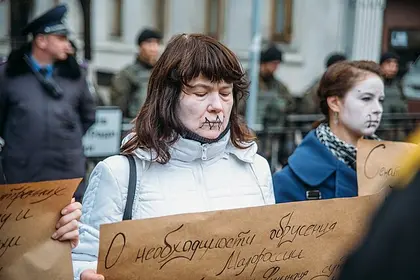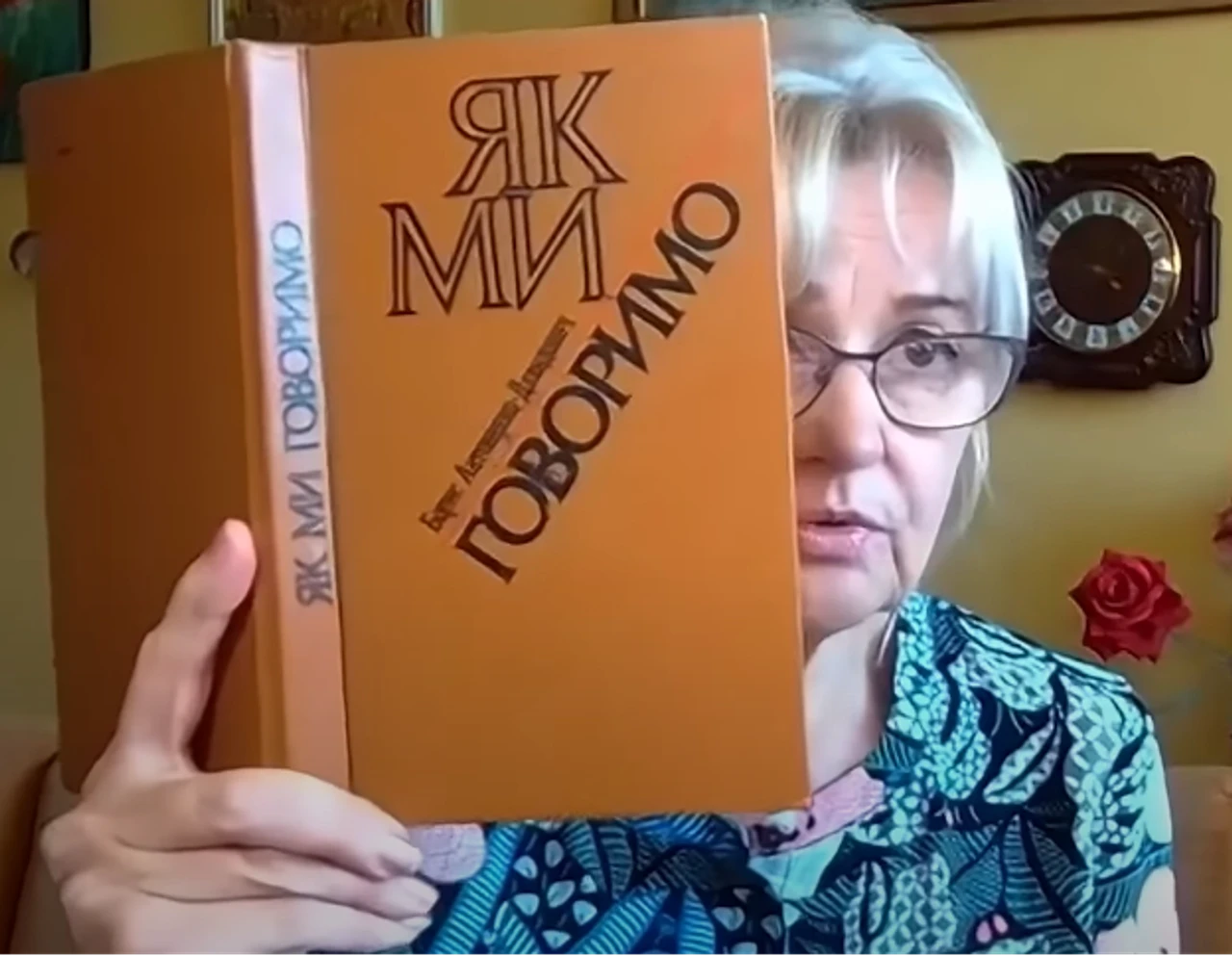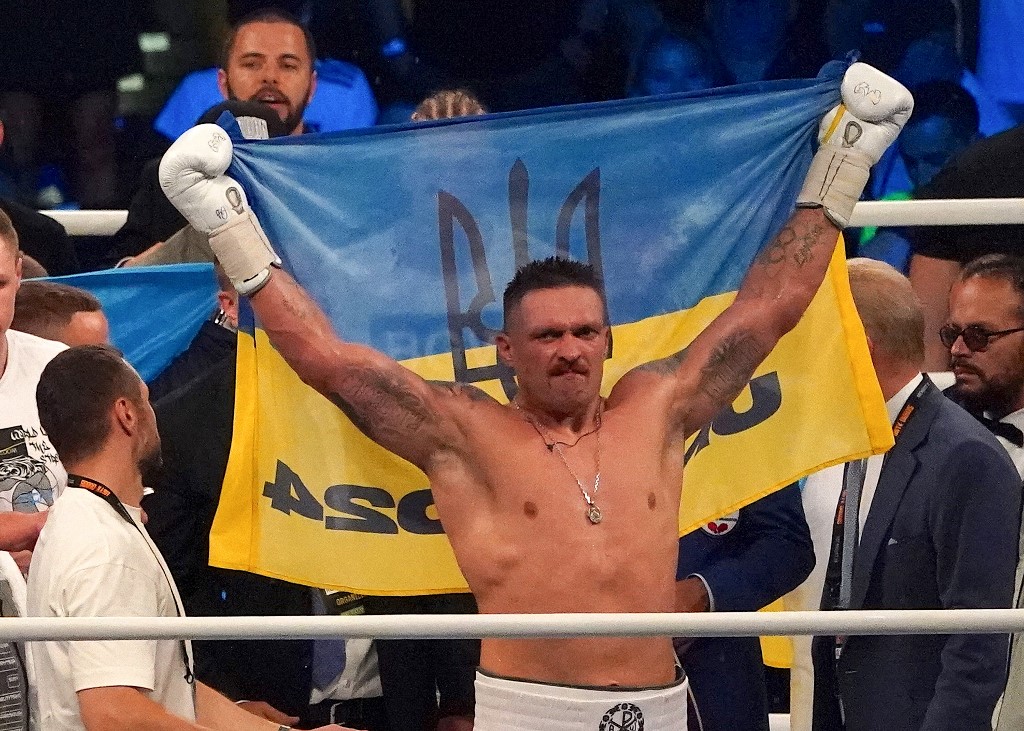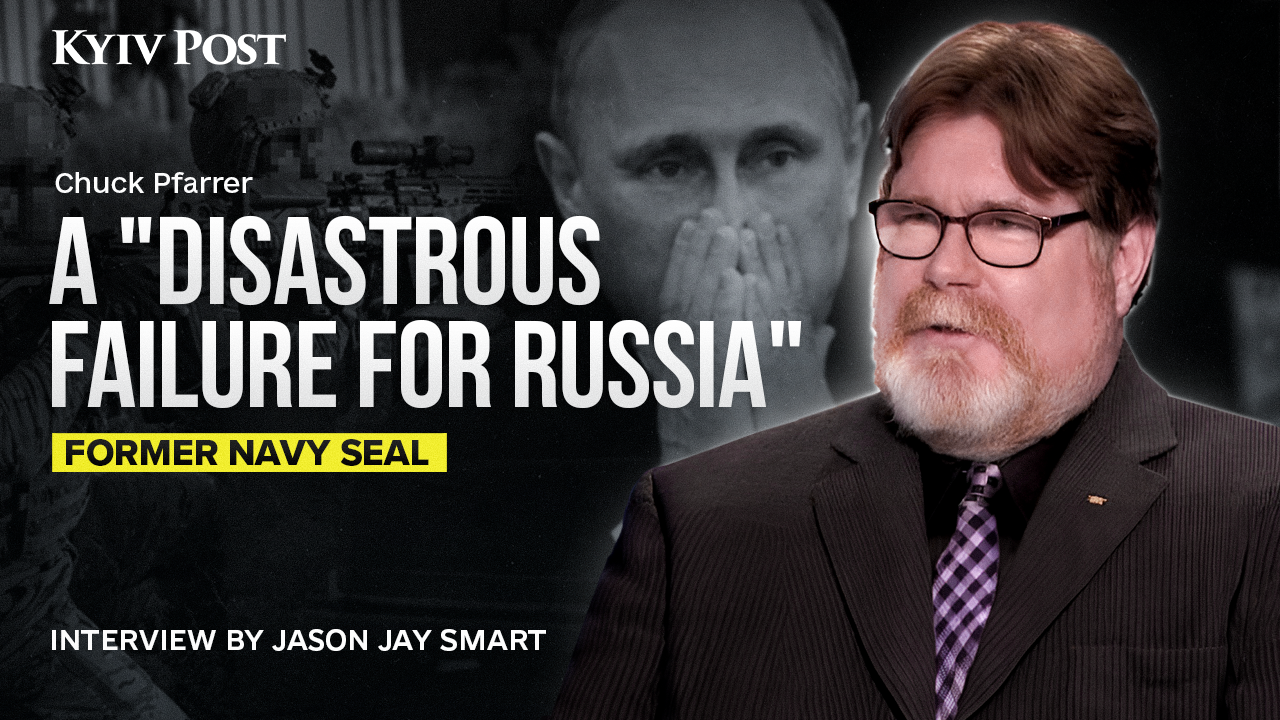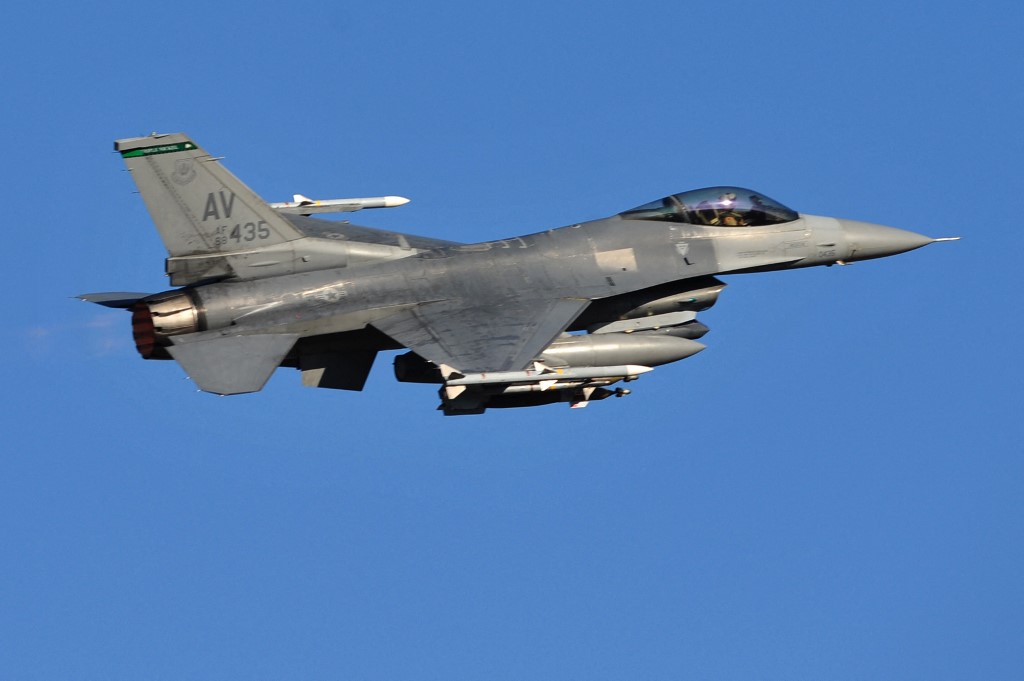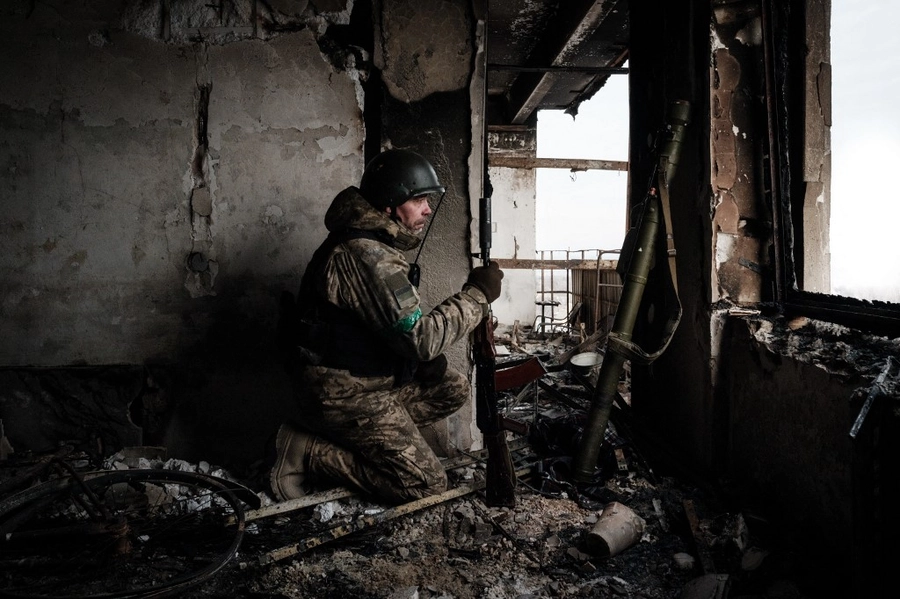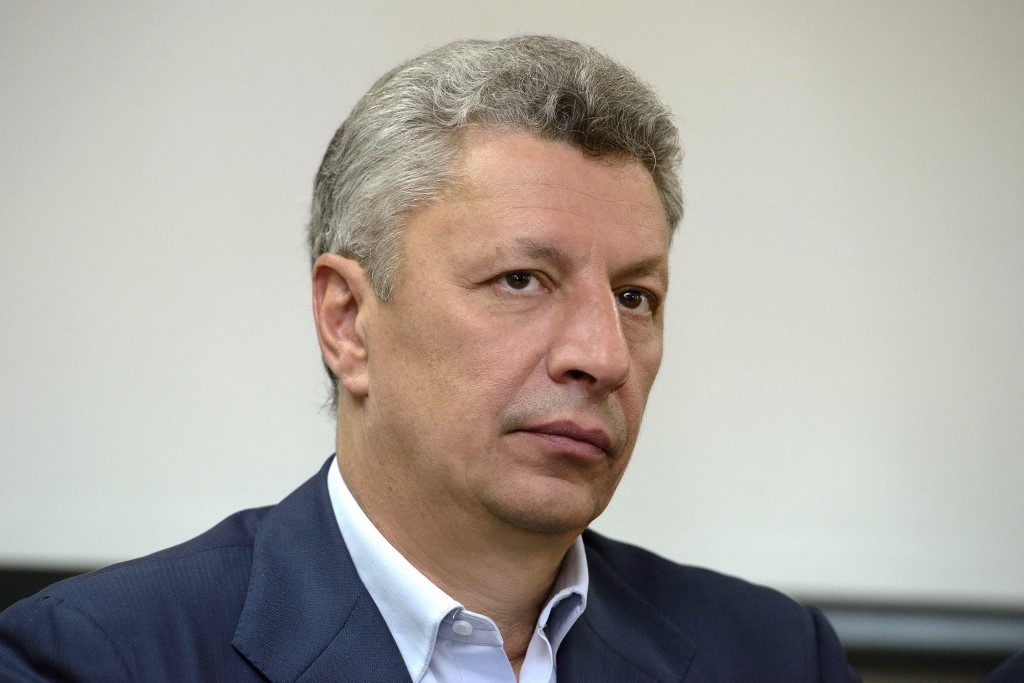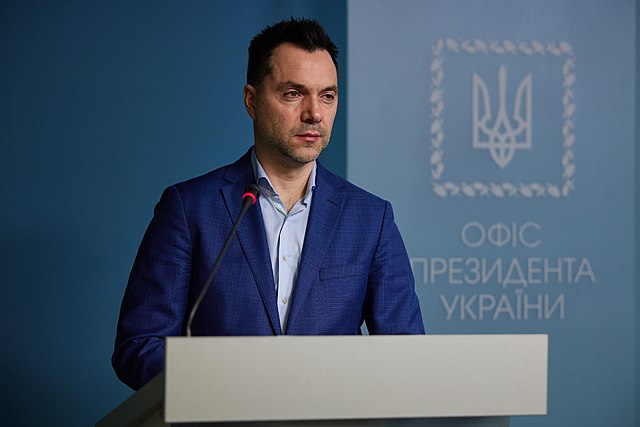An ultra-nationalist firebrand in Ukraine has generated outrage and seems to have reopened a long-standing politicized debate that had seemingly been put aside, at least in public, in the wake of Russia’s full-scale invasion in February 2022.
Speaking with journalist Yanina Sokolova on Ukraine’s Channel 5 (owned by former president Petro Poroshenko, who remains a bitter political rival of the Zelensky administration) on Nov. 5, Iryna Farion, a one-time parliamentarian from the far-right Svoboda party and notorious outspoken political commentator, said that Ukrainian soldiers speaking in Russian ought to call themselves “Russians.”
JOIN US ON TELEGRAM
Follow our coverage of the war on the @Kyivpost_official.
“If they are such great patriots, they should show their patriotism,” she said.
Farion’s comments drew widespread criticism. World boxing champion Oleksandr Usyk, a Russian speaker from Crimea who proudly flaunts his Ukrainian identity wrote a poem mocking Farion and calling her “an agent of the Kremlin.”
Maksym Zhorin, the former commander of Ukraine’s Azov Regiment, many of whose members have Russian as their first language, posted a heated response to Farion, liberally scattered with profanities.
And Kateryna Polishchuk, or “Ptashka” as she’s called, a volunteer paramedic of the National Guard, who was in Russian captivity, also spoke in support of the Russian-speaking soldiers, inviting Farion to the front line to show her patriotism.
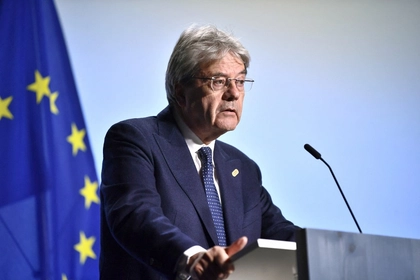
G7 Deal on $50 Billion Ukraine Loan Seen in October, Gentiloni Says
Ukraine’s hero, Kateryna Polishchuk, (Birdy” from Azovstal) is released from RU captivity!#StandWithUkraine #Azovstaldefenders pic.twitter.com/mmPereVBh5
— olexander scherba🇺🇦 (@olex_scherba) September 21, 2022
Ukrainian government officials, including advisor to the head of the Presidential Office Mykhailo Podolyak spoke out against Farion’s words and went further – criticizing Ukrainian media for giving them airtime.
“I urge everyone, especially public figures, to be conscious of the ideas and views they broadcast, and the media to be responsible for the information they disseminate. Discrimination and defamation of anyone in Ukraine is prohibited,” Ukraine’s Commissioner for Human Rights Dmytro Lubinets said.
The Security Service of Ukraine (SBU) initiated an investigation into Farion’s statements and publications after a call from Lubinets and others.
On Nov. 15, she was dismissed from the Lviv Polytechnic National University. Students, who came out to protest Farion, widely supported the decision.
1/2 Студенти університету «Львівська політехніка» вчергове протестують і вимагають звільнення професорки Ірини Фаріон, передає з місця кореспондентка Радіо Свобода pic.twitter.com/utkQvWCcF3
— Радіо Свобода (@radiosvoboda) November 14, 2023
On the other side, according to Ukrainian News, the Ukrainian language department faculty at Lviv Polytechnic National University were supportive of their colleague.
“The staff of the Department of Ukrainian Language expresses its unchanged position regarding the manipulative agitation surrounding Professor Iryna Farion,” the faculty wrote.
“Throughout her teaching career, Professor I.D. Farion performed her duties responsibly and conscientiously, is respected by the team, the scientific community and among the students she taught. Not a single complaint has been received against her in more than 30 years of work at the Lviv Polytechnic,” it wrote.
For her part, Farion has been defiant, writing a letter addressed to President Volodymyr Zelensky and others asking that measures be taken against Azov’s former commander, who she said “defamed the honor of a Ukrainian officer.” She's also called for the dismissal of Ukraine's Minister of Education Oksen Lisovyi and the rector of Lviv Polytechnic.
The scandal lay bare an old problem that never seems to lie buried for long: What is the place of the Russian-language in Ukraine, or how are Russian-speakers to be viewed? As Ukrainian patriots or not?
Ukraine’s state language is Ukrainian. But after centuries of Russification and repression against the Ukrainian-population by the Russian empire and the Soviet system, many, if not the majority, of Ukrainians tend to speak Russian, though most are fluent in both Ukrainian and Russian.
In the western regions, one hears Ukrainian more often, and some people in rural areas are not entirely fluent in Russian. By contrast, in the eastern and southern regions, especially in the cities, Russian is the main spoken language, and many have trouble speaking Ukrainian, although they invariably understand it. All over the country, a large part of the population speaks a mixture of the two, called “Surzhyk.”
The eastern and southern regions have borne the brunt of the Russian assault and have fought back bravely as Ukrainian patriots. They did not welcome the Russian aggressors claiming to be rescuing them from Ukrainian-speaking nationalists.
A Ukrainian serviceman of the State Border Guard Service works in a position in Bakhmut on Feb. 9, amid the Russian invasion of Ukraine.
Since Russia’s invasion, more Ukrainians have been switching over to Ukrainian and the war had relegated the language issue frequently used until then as political football by pro-Russian and “patriotic” politicians to the sidelines.
The taxi driver who wouldn’t speak Ukrainian
But Farion’s comments were actually the second scandal around the language question in the past two months.
In late October 2023, a video appeared on social media of a Kyiv taxi driver, Oleksandr, who forced female passengers out of his car. The women in the video said it was because they had asked him to speak Ukrainian, which he refused to do, calling the women “sick.”
Reaction to the spat was not long in coming.
The Commissioner for the Protection of the State Language, Taras Kremin, said that the taxi driver would be punished because it is a legal requirement to provide commercial services in Ukrainian.
Later, the Bolt taxi company, on whose platform Oleksandr worked, announced they were terminating their cooperation with the driver.
Meanwhile, some on social media jumped to his defense, saying that he had a right to speak in Russian.
However, according to the law, the taxi driver was required to first address the women in Ukrainian and could only then respond in Russian or another non-state language, as a service to his clients.
Lawmaker Yuriy Boyko, a former leader of the now-banned pro-Russia and Euroskeptic political party “Opposition Platform – For Life” (OPZZh), vented his outrage by the dismissal of the taxi driver and called it “discrimination.”
Public support for Oleksandr also came from Svitlana Loboda, a famous Ukrainian pop singer. Loboda had carried on her career in Russia after its illegal annexation of Crimea in 2014. However, she condemned Russia’s 2022 full-scale invasion and returned to Ukraine.
Loboda offered to help the taxi driver on social networks. This received a flurry of criticism. She later clarified that her offer was to assist Oleksandr in getting help learning the Ukrainian language, together with herself.
Oleksiy Arestovych, a former adviser to the head of the President’s Office, who has recently turned into a Zelensky-opponent who is himself running for president, also did not mince words when he said the taxi driver was a victim of a “linguistic Taliban or Hamas.”
Claims that the language problem is contrived
In a comment to, Kyiv Post, Boyko said that the incident was not a language-based conflict but “a purely domestic dispute.”
Boyko met with the taxi driver and said that he believed the man “suffered much more than his clients.”
He said that while the law must be enforced, he is not sure that “the law always matches the realities of life.” And he said that “patriotism is also shown by Russian-speaking people fighting at the front.”
Although Boyko sustains that language problems in Ukraine are artificial, his critics say that the campaigns of his old political party, the OPZZh, were centered around complaints concerning the alleged oppression of Ukraine’s Russian-speaking population, particularly the pre-invasion electorate in southeastern Ukraine.
Echoing Boyko’s opinion that language is an “artificial problem,” Arestovych said in a conversation with Kyiv Post that the women who complained, not unlike the taxi driver, did not have a perfect command of the Ukrainian language either and, therefore, should not be judging someone else based on language.
“In America, in Europe, many [taxi] drivers do not know the language [of the countries where they work]. But somehow, they provide services. These women needed to get from point A to point B. Were the rights of these Ukrainian-speaking citizens squeezed so hard by the damned driver that they couldn’t get there?” Arestovych asked.
“To me, it is a clear case of just stirring up conflicts on the basis of language,” he said, adding that he would react the same way if it was the Ukrainian language that was being oppressed.
You can also highlight the text and press Ctrl + Enter


